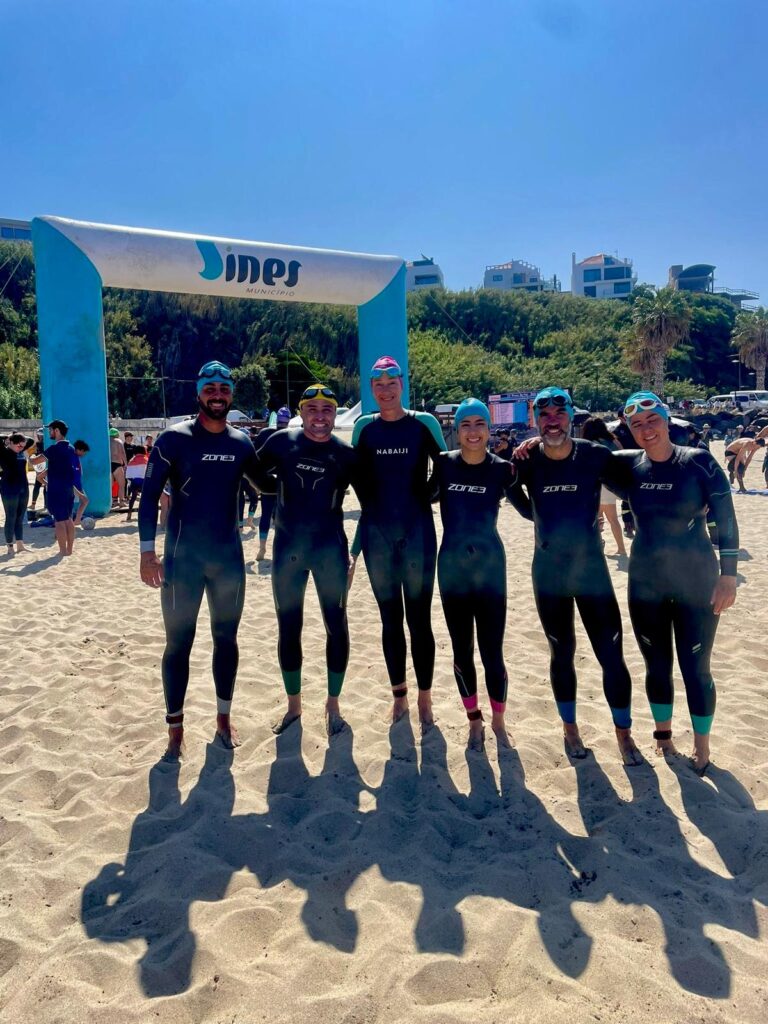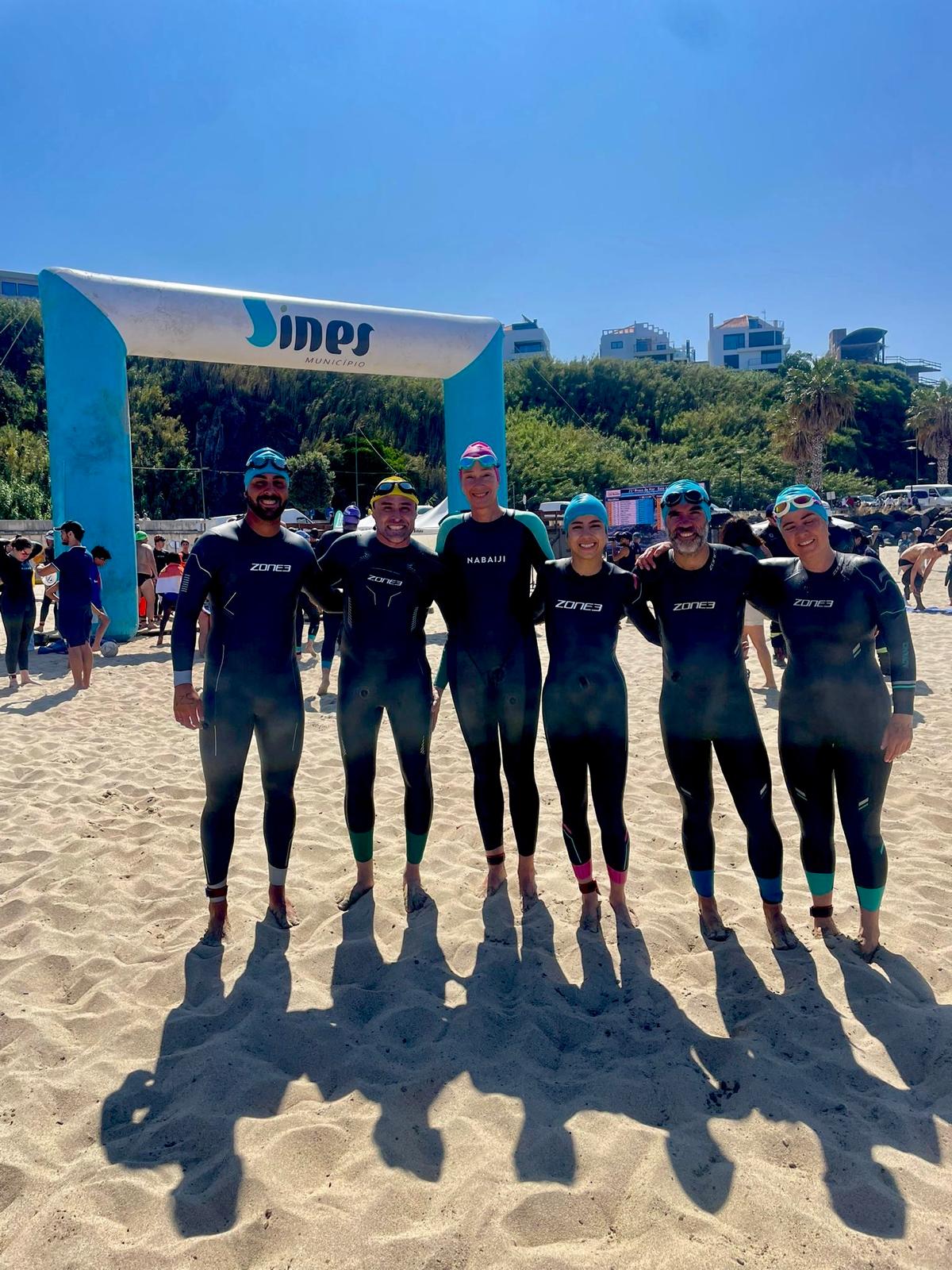
Open water swimming is more than just a sport. Those who choose to face the challenge of swimming in the open sea are not only testing their bodies but also expanding their minds. And, just like the waters that adapt to currents and winds, the human brain reshapes itself when faced with new challenges.
By reading the works of the esteemed professors Dr. António Damásio and Dr. Norman Doidge, we understand that neuroplasticity is the incredible ability of the brain to reorganize itself and form new connections, showing us that growth happens when we step out of our comfort zone. Swimming in open water requires more than technique or physical endurance; it forces us to learn how to read currents, deal with the unpredictable, and overcome fears. Each stroke is an opportunity for the brain to create new pathways, strengthen resilience, and adapt to an ever-changing environment.

Those who venture into these waters know that no two races are the same — perhaps not even two training sessions. The sea may be calm one day and rough the next. You may start your training in one condition and finish in completely different ones. And it is precisely this unpredictability that forces us to open our minds and accept that absolute control is an illusion — true strength lies in the ability to adapt.
That’s why open water swimming is not just for trained bodies, but for minds willing to evolve. Every wave we face, every limit we surpass, strengthens not only our muscles but also our ability to learn, grow, and reinvent ourselves.
In the end, more than conquering distances, we conquer ourselves.
Thiago Bessa Pontes

